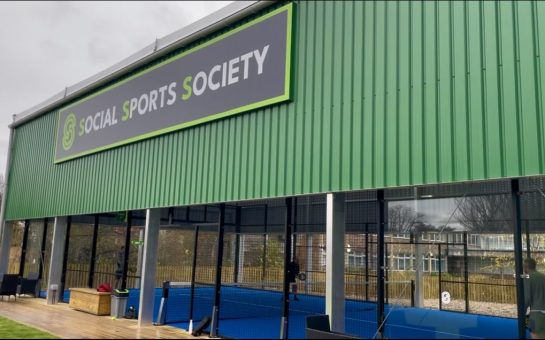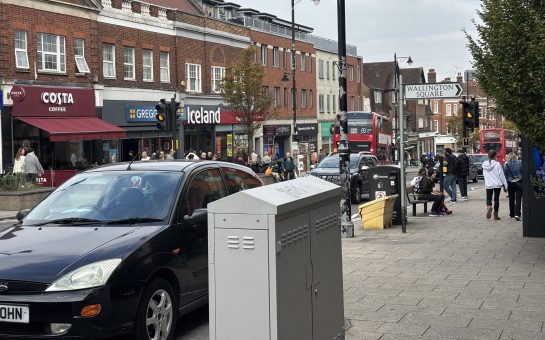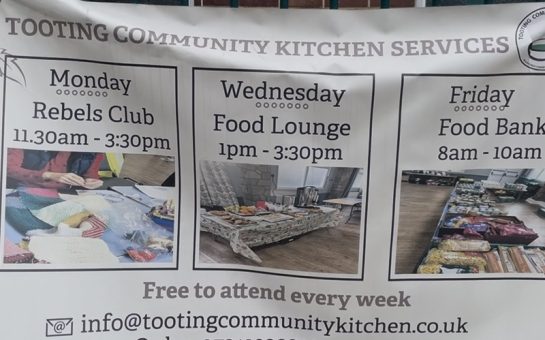A Sutton baby is recovering after contracting the potentially deadly Salmonella Pomona bacteria from a family reptile.

Jennifer Morris, Adam Knight & Sophie Garrod
A Sutton baby is recovering after contracting the potentially deadly Salmonella Pomona bacteria from a family reptile.
The five-month-old boy was rushed to St George’s Hospital, Tooting, after developing severe diarrhea.
Tests revealed he was suffering from the effects Salmonella Pomona, a rare strain found in reptiles.
Investigations by Sutton Council Environmental Health Officers revealed the disease was picked up from either the family’s Bearded Dragon lizard or tortoise.
Sutton Cllr Simon Wales said: “I’m really pleased to hear this little boy has made a good recovery.
“This is a very worrying case and thankfully a very rare one.”
This case is not unique. In 2009 a Sutton baby girl was admitted to intensive care with Salmonella Arizona bacteria.
While in 2007 a three-week-old baby died after contracting Salmonella Pomona from a pet turtle.
Cllr Wales says exotic reptiles are becoming increasingly popular but many owners are unaware of the health risks associated with lizards, snakes and tortoises.
This rise in popularity is due to the internet providing easier access to a wider range of reptiles.
Animal welfare group Born Free says there is very little accurate information made available at the point of sale.
It is estimated over 90% of reptiles carry Salmonella.
“Any reptiles can carry Salmonella, so they are very unsuitable as domestic pets,” said a Born Free spokesman.
“The fact they are available does not mean they are safe and good pets to keep.”
Pet shop employee Lauren Mancini believes a greater awareness of these dangers to young children is needed.
She said: “I own a Bearded Dragon and I wasn’t aware they carried the disease.”
There are some basic hygiene precautions that can significantly help cut the risk of infection. See our Information Box for further details.
The Born Free spokesperson urges owners not to abandon their reptile but to seek expert opinion.
Call the RSPCA on 0300 1234 555 for information.
| Information Box |
|




